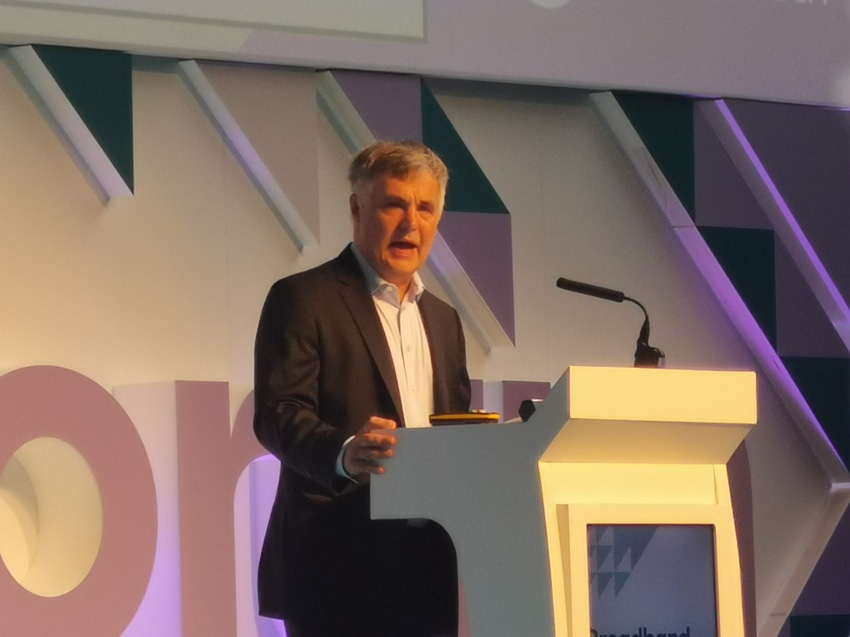Australia’s NBN is a company which has taken its fair share of criticism over the last few years, but it is difficult to argue with the concept as well as the progress which is being made.
October 17, 2019

Australia’s NBN is a company which has taken its fair share of criticism over the last few years, but it is difficult to argue with the concept as well as the progress which is being made.
Having laid 216,000 km of optical cables, build 27,000 street cabinets and deployed 2,200 fixed-wireless towers across the country, the construction phase of the project is drawing to a close.
“In less than nine months, the major construction component of the NBN network will be complete, on-time and actually on budget,” said NBN CEO Stephen Rue at Broadband World Forum in Amsterdam.
Founded in 2009, the National Broadband Network is a government-funded infrastructure project designed to a deploy nationwide, future-proofed broadband network. Despite being a very logical and worthwhile project, it has attracted considerable criticism both politically and from the media.
Some of the critics will be quietened by Rue’s statement there will be no overrun or overspend, though questions will remain as to whether this was the best way to allocate tax dollars in the first place.
That said, perhaps the answer to this question is the very concept of the initiative in the first place. If private industry was offering the government confidence that connectivity infrastructure would be taken to every corner of the country, the scheme would not have gathered pace in the first place.
And from Rue’s perspective, in a decade this criticism will be completely forgotten. Over the years to come, Australian’s in the less commercially attractive regions of the country will benefit from the infrastructure. Rural locations will be afforded the opportunity to participate in the digital economy, while healthcare and education can also be revolutionised.
This is one of the interesting aspects of Australia as a country. At 7.692 million km², it is the sixth largest country in the world, but with a population of 24.6 million, it is one of the most sparse. Rue pointed to the complications of delivering connectivity across the country when population density is 3 people per km², creating the digital divide which NBN is attempting to bridge.
Some around the world might turn up their noses at the remote healthcare or education usecases which have been championed by the digital enthusiasts, but in a country as vast and sparse as Australia there is genuine potential. However, the network has to be there in the first place.
Many critics of this initiative will point to download speeds which do not match-up with other countries, Ookla ranks Australia as 59th in the world, however Rue has issue with these rankings. According to research which commissioned by NBN, which it claims is a representation of the population on the whole not just those who have access, NBN ranks Australia as having the 17th best connectivity worldwide.
These results have to be taken with a pinch of salt, but perhaps the research will help calm the waves of criticism which are flowing around the country. NBN might be expensive, but in 10 years’ time, Australians will realise this was a very sensible and forward-looking investment.
Perhaps a few other countries will take note, maybe even the US. Although such an initiative conflicts with the capitalist nature of the US, public-funded infrastructure looks like the most realistic means to close the digital divide.
About the Author(s)
You May Also Like








.png?width=300&auto=webp&quality=80&disable=upscale)


_1.jpg?width=300&auto=webp&quality=80&disable=upscale)


.png?width=800&auto=webp&quality=80&disable=upscale)